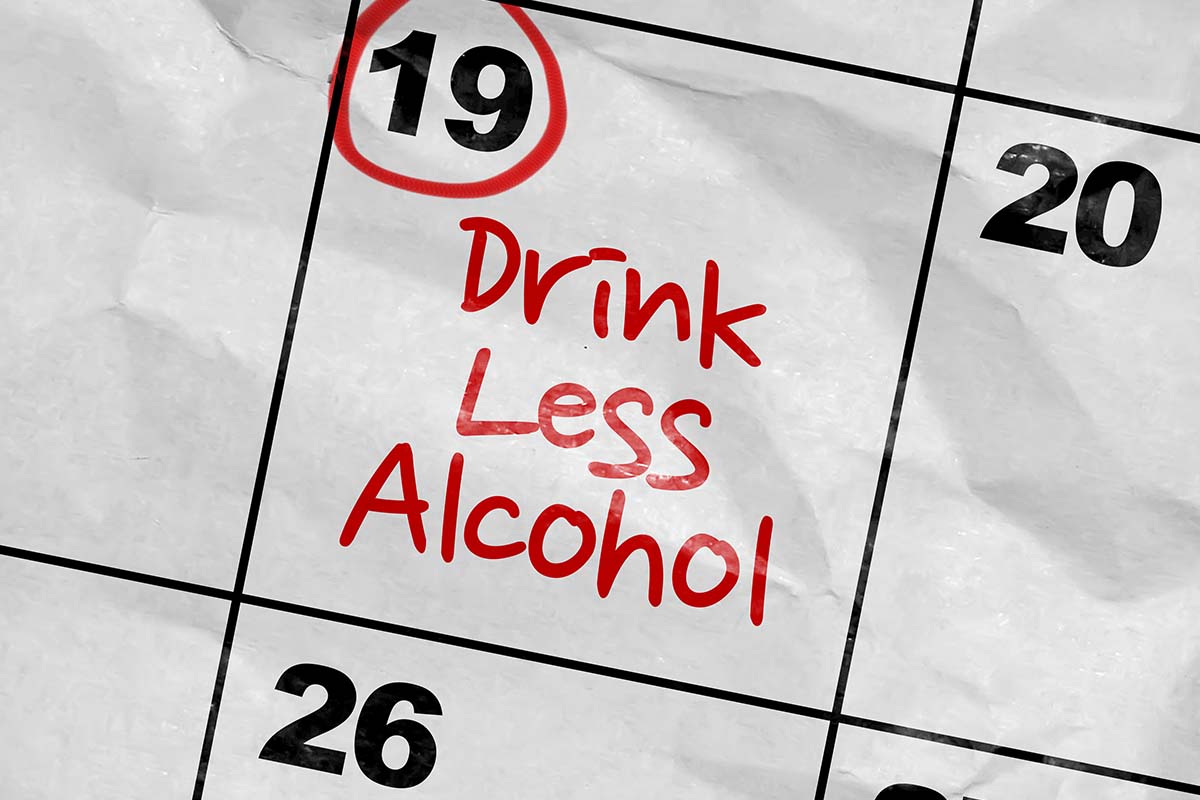Can alcoholics drink in moderation? For years, the medical community has insisted that no amount of drinking is safe for people with an alcohol use disorder. The Centers for Disease Control lists people with an alcohol use disorder in their category of people for whom it is never safe to drink.
Many addiction treatment centers prioritize the full sobriety model during treatment that helps people stop drinking altogether. At the same time, a new methodology called moderation management is being implemented to support folks in learning to drink in moderation. More and more healthcare providers are beginning to recognize moderation management as a valid alternative to abstinence.
Contact Insight Recovery Centers at 703.592.6946 to learn more about alcohol moderation assessment and how it can be leveraged to support healthy drinking behavior.
Can Alcoholics Drink in Moderation?
As mentioned in the introduction, the answer to whether alcoholics can drink in moderation is a qualified yes. Learning to drink in moderation is a process that is best aided by professional support and monitoring. Nonetheless, people who struggle with an alcohol use disorder can get to a place where their drinking is under control and at a safe level.
Understanding how to drink in moderation is developed through moderation management. In this program, participants are asked to abstain from alcohol for a period of 30 days. During this time, participants are equipped with strategies for identifying and managing triggers, taking up healthy behaviors and activities to replace problematic drinking, and learning how to drink in moderation when they resume consumption.
Moderation management is often most successful for people with a mild alcohol use disorder or those who have displayed patterns like binge or heavy drinking without ever becoming addicted. For severe alcohol use disorders, most addiction treatment providers still lean toward an abstinence approach. Reasons why a moderation management approach may not work well for all people with a substance abuse disorder include:
- Withdrawal symptoms may be intense when reducing drinking behavior
- When resuming drinking, people may find it hard to control or manage alcohol consumption
- The downsides of drinking, such as blackouts and hangovers, may be forgotten
How to Drink in Moderation
There are a number of things that you can do to support drinking in moderation. Implementing these tips will help keep your relationship with alcohol in a safe place.
1. Track Consumption
Actively track how much you drink every time you engage in consuming alcohol. Many people are completely unaware of how much they drink. If you want to change or control your behavior, you must first understand your baseline.
2. Set Goals
Once you know how much you drink, set goals for right-sizing your consumption. This could look like reserving some days of the week as “no drinking days,” in addition to setting limits to how much you will drink on days you do consume alcohol.
3. Consider Medication
The prescription medication naltrexone is shown to reduce alcohol cravings by blocking the pleasurable effects related to drinking. It must be used consistently to have the most significant impact.
4. Build Healthy Habits
Drinking is often something people turn to when stressed, bored, or fatigued. Try to replace drinking with healthier activities. Invest in a fun hobby or engage in an exercise routine.
5. Get Comfortable Saying No
Saying no is critical to meeting the goals you set for yourself. Create a script, practice it, and share your intentions with one or two trusted friends for an extra bit of accountability.
Learning to Drink in Moderation With Insight Recovery Centers
The expert medical professionals at Insight Recovery Centers are ready to connect with you! Contact 703.592.6946 to better understand the process of learning to drink in moderation.







